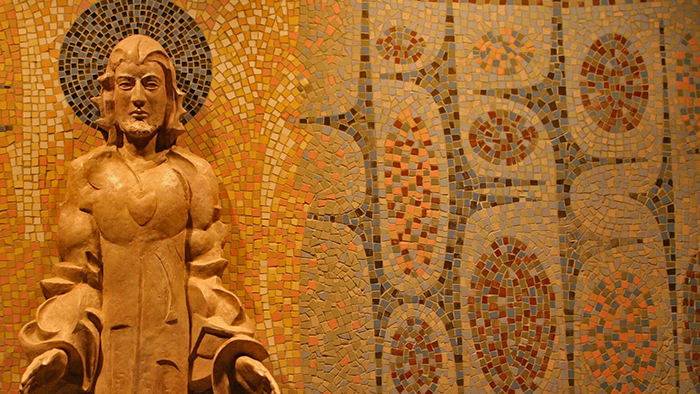
Robert Barron writes that in the Middle Ages, prudence was called “the queen of the virtues” because it was the virtue that enabled one to do the right thing in a particular situation. Prudence is a feel for the moral situation. Justice is a wonderful virtue, but without prudence, it is blind and finally useless. One can be as just as possible, but without a feel for the present situation, his justice will do him no good. Wisdom, unlike prudence, is a sense of the big picture. It is the view from the hilltop. Most of us look at our lives from the standpoint of our own self-interest. But wisdom is the capacity to survey reality from the vantage point of God. Even the most prudent judgment will be erroneous, short-sighted, and inadequate without wisdom. The combination, therefore, of prudence and wisdom is especially powerful. Someone wise and prudent will have a sense of the bigger picture and a feel for the particular situation. Living faith is the vantage point for a believing Christian. It opens our eyes to see all of life differently because of who Jesus is and who we are invited to become in Him, through Him, and with Him, by the power of the Holy Spirit. God has withheld nothing from us. In Jesus Christ, and in his Body, the Church, we have been given everything we could ever ask for or imagine. We are the ones to whom much has been given. We are the ones who have been given much. It has been entrusted to us. Now, much more is required.









